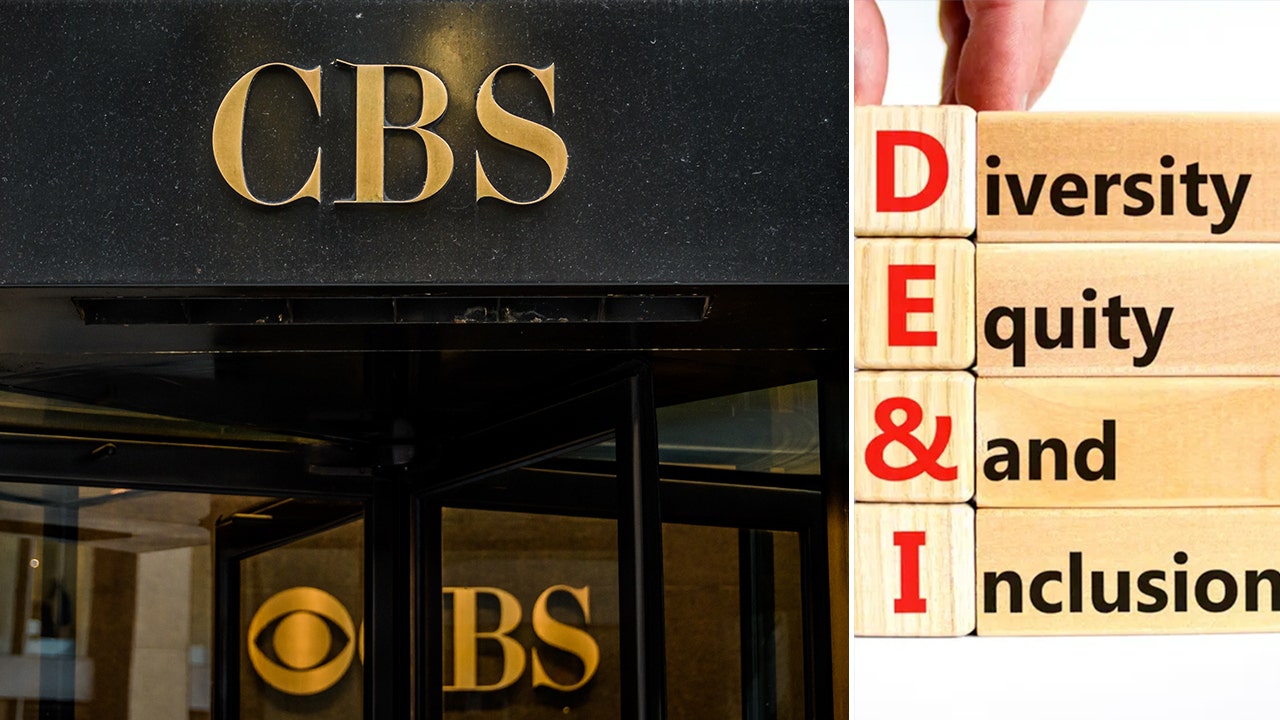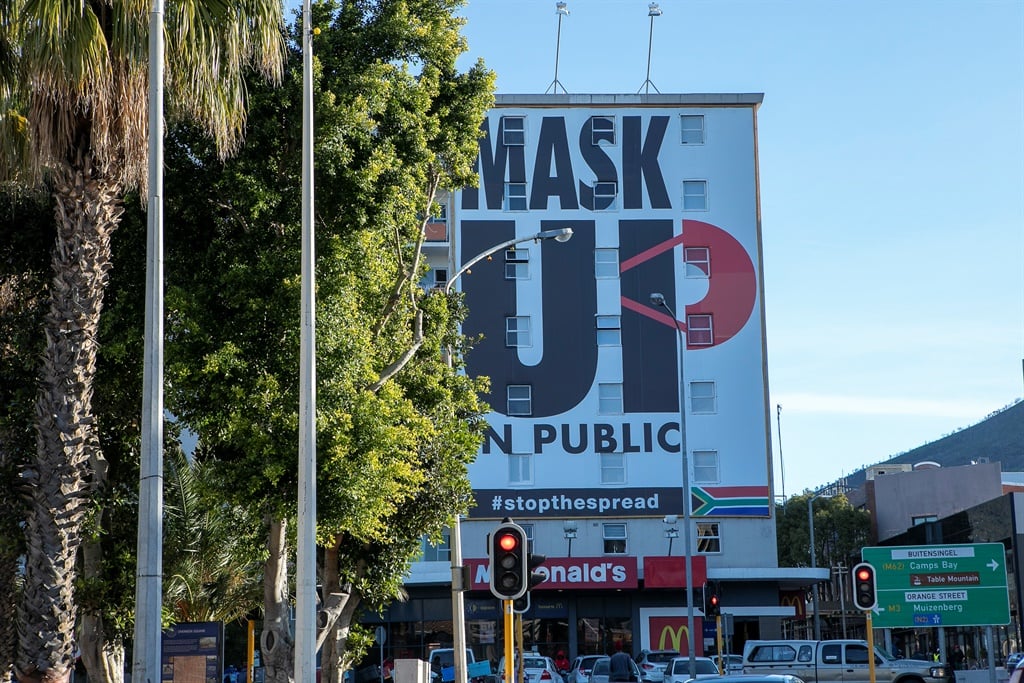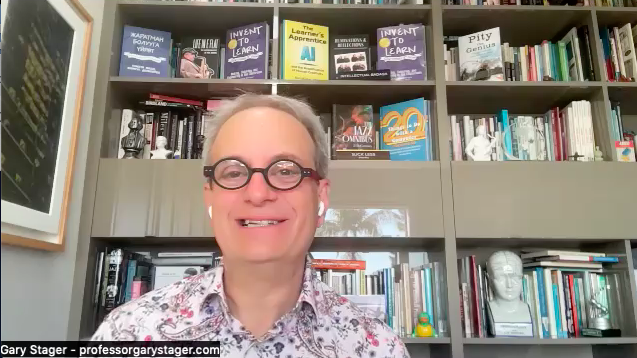The Constitutional Court has ordered that the signage at the top of Long Street in Cape Town covering a block of flats must be removed.
PHOTO: Jacques Stander, Gallo Images
- The Constitutional Court has ordered that the controversial signage covering a block of flats in Long Street, Cape Town, must be removed.
- The Western Cape High Court declared the outdoor advertising signs and structures at the top of Long Street unlawful back in January last year.
- The owner of Independent Outdoor Media erected the signage over the apartment building and argued that it was his freedom of speech.
The Constitutional Court has ordered that the signage at the top of Long Street in Cape Town covering a block of flats must be removed.
The court handed down judgment last Friday after a year-long battle between the City of Cape Town, Independent Outdoor Media (IOM) and the body corporate of the Overbeek building on the corner of Kloof and Long streets.
The judgment comes after the Western Cape High Court declared the outdoor advertising signs and structures at the top of Long Street unlawful in January last year.
It comes after the owner of IOM, Brent Dyssel, erected the signage over the apartment building and argued that it was his freedom of speech.
Dyssel’s signage was erected on the Overbeek building with the words “Stay Home” and “Mask Up” during the hard Covid-19 lockdown.
The City argued that IOM’s approvals in terms of the City’s previous advertising and signage by-laws had lapsed in 2004 and 2005, and that the advertising structures and signs had since been displayed with flagrant disregard to the City’s current Outdoor Advertising and Signage By-Law, and this despite the City imposing fines, initiating criminal proceedings and issuing compliance notices.
At the time, the Western Cape High Court instructed Dyssel to remove the “offending” outdoor advertising structures and signs, at his cost, and within 15 court days from service of the court’s order, failing which the sheriff of the court was authorised to remove the structures and signs at the owner’s cost.
ALSO READ | Western Cape to spend R1.2bn to reverse Covid-19 learning losses, says Education MEC
The court also declared that Sections 29(8)(a) and (b) of the National Building Regulations (NBR) were inconsistent with the Constitution and struck down these sections as being invalid because of their inconsistency.
The City approached the Constitutional Court to confirm the setting aside of Sections 29 (8)(a) and (b), as required by the Constitution, while IOM, the owner of the Overbeek signs, similarly lodged an appeal with the Constitutional Court.
The apex court also struck IOM’s appeal off the roll, and the company was ordered to pay the costs of the case.
IOM has now been forced to remove the advertising.
It’s not the first time Dyssel has been in the spotlight.
In 2016, he erected a massive banner bearing the words “Zuma Must Fall” in the CBD.
‘We will closely monitor this space’
The banner was put up after former president Jacob Zuma fired former finance minister Nhlanhla Nene, which led to the rand plummeting.
Zuma’s supporters and members of the ANC demanded the banner be taken down. At the time, the City had slammed the company, labelling the poster illegal.
Deputy Mayor and Mayoral Committee Member for Spatial Planning and Environment Eddie Andrews said he was imploring the outdoor advertising industry to accept the Constitutional Court’s judgment and to comply with the City’s Outdoor Advertising and Signage By-law.
“We will closely monitor this space and take action if needed,” he added.
Dyssel told News24:
I’m really proud of IOM for persevering with the litigation all the way to Constitutional Court, to have the voidness of all by-laws promulgated in terms of the National Building Regulations by all SA municipalities, regularised made valid.
He added that it was unfortunate that the City had elected to “publicly misrepresent facts surrounding their signage by-law when it came to erecting the Zuma Must Fall banner at the top of Long Street in 2016”.
“Had the City rather proactively rectified the voidness issue when it was brought to their attention in mid-2015, the occurrences surrounding that particular display could have been avoided. Saying this, I’m glad all of this has been ratified. We hope this paves the way for a healthier private industry and public relationship.”



















Discussion about this post